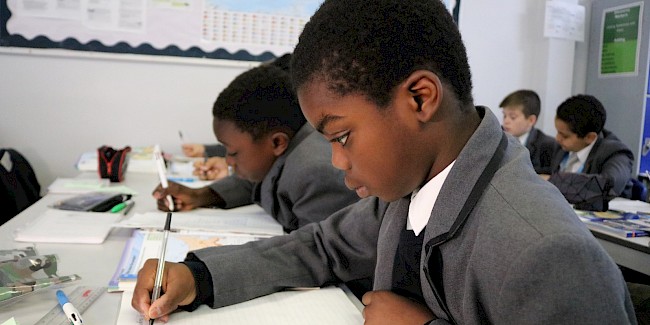Online Learning Support
Home learning is supported and greatly encouraged by the Politics Department. This is enabled through blended learning opportunities and the availability of a wide range of resources, many of which are available online and some of which can be borrowed from department members. Both whole class and one to one support, where appropriate, can be delivered through a range of ways including the use of Microsoft Teams, SMHW and email.
Careers
The study of Politics offers clear preparation for a wide range of university courses. It also prepares students for the world of work with particular relevance to public service such as the police force, teaching and civil service. Politics is also becoming increasingly relevant to those who wish to work in the private sector; journalists, researchers, lawyers, engineers and financial sector workers are all influenced by political decisions made by people in power. They are increasingly finding that being aware of, understanding and helping to shape those decisions is not only helpful, but also necessary, in their chosen lines of work.
British Values
British Values are at the very core of Politics at Holcombe Grammar School. During students’ time studying Politics, they will be given the opportunity to understand why Britain is the way it is for them. Throughout our curriculum we look explicitly at all of the fundamental British Values., with the curriculum providing a wide and varied range of examples allowing students to consider British Values and the role they play in shaping our diverse and tolerant society. Some of these opportunities are identified below:
Democracy: The basis for the evolution of UK democracy is taught in Component One with issues such as suffragettes and the extension of the franchise, purpose and nature of elections and the extent of a democratic deficit in the UK. Politics explicitly examines the nature of democracy. The nature of democracy and liberal values is used as a perspective in when considering Political Thinkers.
Rule of law: International law and human rights law is explored in Global Politics. The role of the Supreme Court in the USA and UK is explored in Y12 Politics.
Individual Liberty: The rights and responsibilities of all electors is considered in Politics. Liberty as a concept is explored through considering a range of different political thinkers and perspectives in Politics and Global Politics. The idea of individual rights is fundamental to the study of both UK and global Politics.
Mutual respect: Politics develops skills of empathy and understanding. Students are encouraged to consider a wide range of perspectives and points and to ensure they listen attentively, respectfully and considerately to those of other views and political standpoints. Human nature is explicitly considered when looking at key political thinkers from a range of ideologies.
Tolerance of those of different faiths and beliefs: Different ideological perspectives are explored in Politics and Global Politics, including concepts such as relativism that explicitly deal with equality of belief systems.
